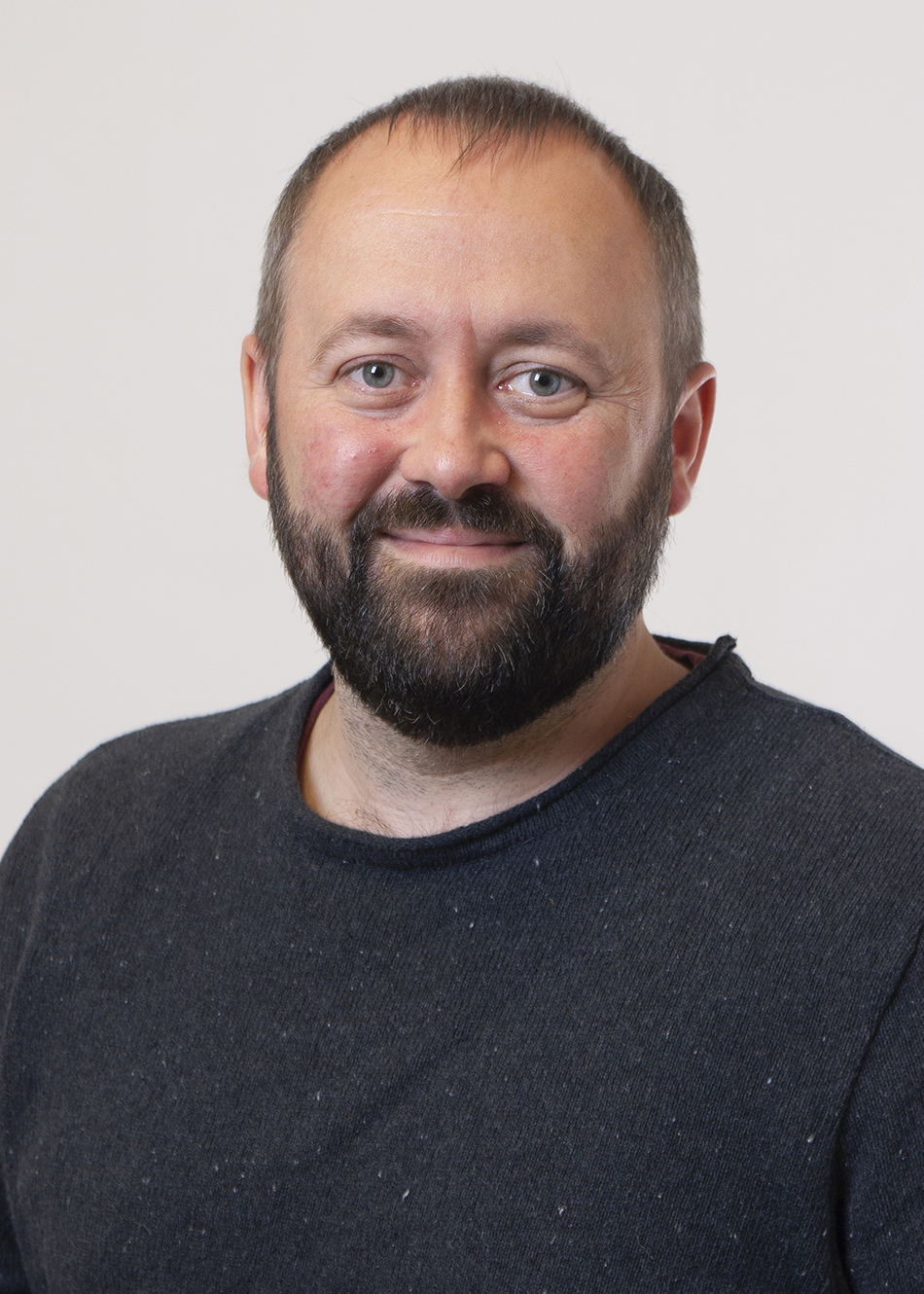Joseph Lyons receives DKK 10 million from Lundbeckfonden to study cell membranes
Joseph Lyons is one of the nine talented researchers who will become a Lundbeckfonden fellow in 2020. And the grant that comes with the appointment enables him to establish his own research group and devote himself to research for the next five years at the Department of Molecular Biology and Genetics/DANDRITE, Aarhus University.

Imbalance of the lipid molecules that make up our important cell membranes can cause disease, and if you try to gain a better understanding of neurodegenerative disorders - for example, Alzheimer's and Parkinson's - it makes good sense to study protein-driven lipid transport in brain cells.
And that is exactly what Assistant Professor Joseph (Joe) Lyons will be doing over the next five years years.
"Here I will look at protein-driven lipid transport in relation to Alzheimer's and Parkinson's diseases," says Joseph Lyons.
There are some very complex transports of lipids that take place internally in all cells of the body across the cell membrane. This protein-driven transport is popularly known as the lipid-flip-flop process', as it is controlled by two groups of proteins – lipid flippases and floppases.
And by regulating the composition of lipids in the cells, for example, the process is also involved in a variety of basic biological processes in humans and other mammals, says Joseph Lyons:
"For example, signalling systems that control blood coagulation and processes in relation to the cell's life cycle".
In addition, dysfunction of these two protein groups in different ways, which we do not yet understand in detail, also plays a role in various diseases of humans, including neurodegenerative disorders and cancer.
3-D image of flippases resulted in an article in Nature
Joseph Lyons has been studying the lipid 'flip-flop process' for a number of years - since 2013 at Aarhus University under Professor Poul Nissen of DANDRITE (The Danish Research Institute of Translational Neuroscience). And in the summer of 2019, Joseph Lyons - in collaboration with colleagues from Aarhus University and from German and French universities – was able to show the first ever 3-D image of flippases. These results were published in a scientific article in Nature.
Flippases and other proteins are too small for traditional photographs to be taken. However, using cryo-electron microscopy - a technique where the proteins are examined at temperatures as low as -170 C – one can create a 3-D model of both flippases and floppases. And now you can begin to understand how they work - and how dysfunction in the 'flip-flop process' can take place in different disease states.
"The very first cryo-electron microscopy studies that we will be carrying out in my group will be about gaining more knowledge about how flippases and floppases function and are regulated down to the atomic level," says Jospeh Lyons. The next phase of the project involves experiments at the cellular level. Here Joseph and his colleagues will study the transport of lipid in genetically engineered cells - both in healthy and in dysfunctional cells.
In the longer term, knowledge from these studies should make it possible to investigate a hypothesis that links to Alzheimer's and Parkinson's diseases, Joseph Lyons says: in particular the association between lipid homeostasis/transport and the accumulation of proteins aggregates characteristic of these two neurodegenerative disorders”.
Link til interview with Joe with English subtitles
The news article is based on a press release from the Lundbeck Foundation.
See the list of the other eight recipients for the Lundbeckfonden fellowship (in Danish)
For further information, please contact
Assistant Professor Joseph Lyons
Department of Molecular Biology and Genetics/DANDRITE
Aarhus University, Denmark
lyons@mbg.au.dk
